This success cannot be achieved without the commitment and determination of all employees to deliver excellent outcomes and drive the business forward. This is where managers at all levels of a business face the truly challenging responsibility of drawing this commitment and resolve from team members which may otherwise lay dormant.
Simply put, all managers must help their people to understand their job role and its context within the business, as a foundation for supporting personal development, increasing motivation levels and extracting powerful performance that delivers results.
Truly challenging indeed! Or is it? In the greater scheme of things, actually having some personal development dialogue with a team member can simply be planned or even delivered in the moment and constitutes a crucial component of any manager's strategy for engaging his or her direct reports.
Employee engagement
According to management consulting company Gallup, employee engagement increases productivity and companies with high employee engagement are 21% more profitable. Ensuring regular personal development dialogue will create the forum for the identification of upskilling opportunities which deliver improved performance and produce employees with the desire to go the extra mile and contribute to business success.
So, the message is clear to business leaders. Encourage managers to see the link between operational performance and employee engagement. Ensure that those managers are communicating regularly, taking the time to engage and that they’re including personal development and performance dialogue as a staple in their everyday roles. Invest in the development of managers to create awareness and build the skills which help them to grow as both inspirational and transformational leaders who acknowledge employee engagement and interaction as a priority in their roles.
Putting personal development dialogue into action
Managers who want to improve their team’s performance should make personal development dialogue part of their strategy for engaging with team members, working with them to identify:
- Existing strengths, weaknesses, opportunities and threats from both an aspirational and existing role perspective. Here it can be enormously effective to conduct a SWOT analysis in order to arrive at meaningful conclusions which drive personal development interventions.
- The requirements and responsibilities of their role.
- Where skills and knowledge gaps currently exist.
- The differences between any new and previous role requirements (if applicable).
- Potential solutions to close the skill and knowledge gaps. It is important to explore these as, despite the acknowledged benefits of training courses, a broad range of solutions exist including coaching, mentoring, job shadowing, webinars, virtual events, computer-based training and qualifications.
- What success will look like.
- Before and after learning discussions.
- Ways of measuring the impact of learning and development solutions.
- A basis for formulating and maintaining a personal development plan (PDP).
- When this PDP will be reviewed.
There are some great questions that managers can ask as part of the development dialogue:
- What do you do well that will help you in your role?
- What things can you improve?
- What things can’t you change?
- What do you need in order to achieve great performance in your role?
- Describe some examples of things you have done well.
- Tell me about some of the difficulties you’ve faced in your role in the last 12 months.
- What do you see as the most challenging aspects of your role?
If the individual is in a new or changed role then the focus must be to help them visualise and identify what is required to be successful. The key to this is to draw out information through a variation of open and probing questions, suspending personal judgements but also offering your own thoughts and ideas when appropriate.
At the end of the dialogue there should be ample scope to form a plan of action around personal development needs. Any PDP formed should take into consideration the following:
- Have role requirements been discussed, clarified and agreed?
- Has a discussion taken place about how current skills and experience match the skills required for effective performance in the job?
- Have priority areas for development been explored and identified?
- Has this skills gap analysis been conducted realistically given the need to be sensitive to limitations on time and resource available?
- Are potential development actions achievable in the time available?
- Have the development actions been agreed?
- Have the development actions been placed clearly into context with role and business requirements?
- Has it been confirmed who will take the initiative and by when, remembering that the individual is most responsible for his/her development?
- Has agreement been reached to review activity?
- When will development activity be reviewed?
- Is there an overall strategy in place for both formal and informal engagement with the individual on personal development and performance?
Management and Leadership courses
Discover our range of courses that will help you hone your management skills, enabling you to lead your team more effectively.
Professional coaching
Professional coaching can enable you to overcome individual challenges, develop leadership skills or achieve more positive outcomes. Our experienced business coaches will work with you to create a bespoke coaching package that meets your requirements, ensuring it provides you with the highest quality support and greatest return on your investment.
Tailored training
At PETA, our team of expert trainers offer a range of flexible services, tailored to your business, team or individual staff members to meet their requirements. From company-sponsored training to short or longer-term bespoke programmes, we can work with you to identify your training needs and utilise our in-house expertise to deliver a solution that will yield results.
Get in touch to discuss the next step on your training journey...
Sign up to receive news and updates...
Our customers have access to cutting edge information and insights, specifically tailored to them and their industry. Get the latest opinion and expert views through news, events, case studies and apprentice stories.
